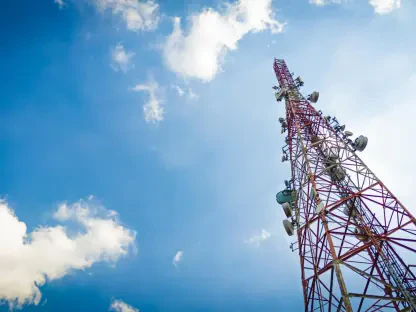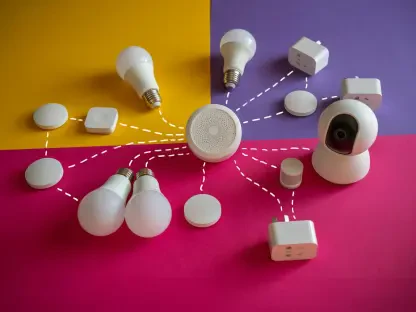Introduction
In an era where digital transformation is no longer optional but imperative, enterprises across industries grapple with the challenge of managing complex Internet of Things (IoT) ecosystems that often suffer from fragmentation and inefficiency, leading to missed opportunities for operational excellence. As businesses strive to integrate smart infrastructure into their operations, the need for a unified, reliable, and sustainable IoT platform becomes critical to achieving measurable outcomes in cost reduction and environmental impact. This editorial explores how a groundbreaking solution is poised to address these pain points by redefining connectivity and intelligence in the IoT landscape, offering a strategic framework for B2B decision-makers.
The discussion centers on the transformative potential of advanced IoT platforms to solve persistent challenges like system interoperability and data-driven decision-making. By focusing on business outcomes rather than technical minutiae, this article aims to equip leaders with insights into leveraging such innovations for competitive advantage. It delves into why a holistic approach to IoT is essential for scalability and sustainability, particularly for enterprises, municipalities, and industrial sectors facing mounting pressure to optimize resources. The following sections will unpack the strategic value of integrated IoT ecosystems and their role in shaping future-ready operations.
Unifying IoT for Strategic Business Impact
The core challenge in IoT adoption for many businesses lies in the disjointed nature of existing systems, where disparate devices, connectivity protocols, and data streams create inefficiencies that hinder scalability. A unified platform capable of integrating these elements into a cohesive framework offers a strategic solution, enabling seamless communication across hardware and software. Such an approach reduces operational silos, allowing companies to streamline processes and focus on outcomes like improved uptime and reduced overhead costs. For industries with mission-critical applications, this integration is not just beneficial but essential to maintaining service reliability.
Beyond integration, the emphasis on sustainability has emerged as a key driver for IoT innovation, aligning with global mandates for reduced carbon footprints. Platforms that transform raw data into actionable insights for energy optimization and predictive maintenance empower businesses to meet environmental targets without sacrificing profitability. Data from industry reports, such as projections of the smart infrastructure market reaching $1.36 trillion by 2030, highlight the growing demand for solutions that balance operational efficiency with ecological responsibility. B2B leaders can leverage these tools to demonstrate compliance and gain stakeholder trust, turning sustainability into a competitive edge.
Reliability remains a cornerstone for IoT platforms targeting regulated and industrial environments where downtime equates to significant financial loss. By utilizing licensed spectrum for connectivity, advanced solutions ensure interference-resistant, carrier-grade performance backed by Service Level Agreements (SLAs). This reliability translates into tangible business benefits, such as uninterrupted operations in critical sectors like manufacturing or utilities. For decision-makers, investing in such robust infrastructure means safeguarding against risks while positioning their organizations as leaders in operational resilience amidst digital transformation pressures.
Conclusion
Looking ahead, the adoption of unified IoT platforms stands as a pivotal strategy for businesses aiming to navigate the complexities of digital ecosystems while achieving sustainable growth. The insights shared underscore the importance of prioritizing integration, reliability, and intelligence to drive meaningful business outcomes. As industries evolve, decision-makers are encouraged to evaluate IoT solutions not just for technological prowess but for their capacity to deliver strategic value, ensuring readiness for future challenges and opportunities in an increasingly connected world.









